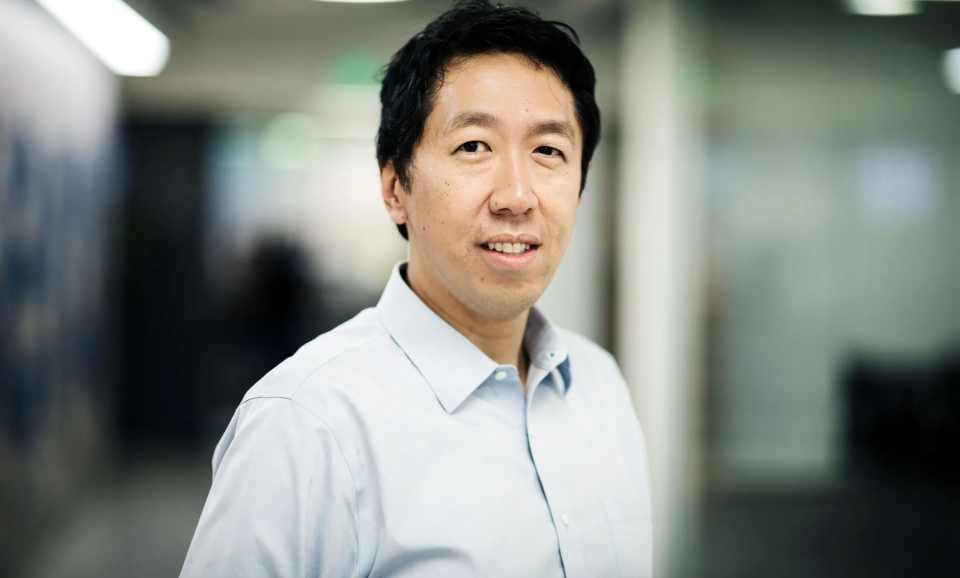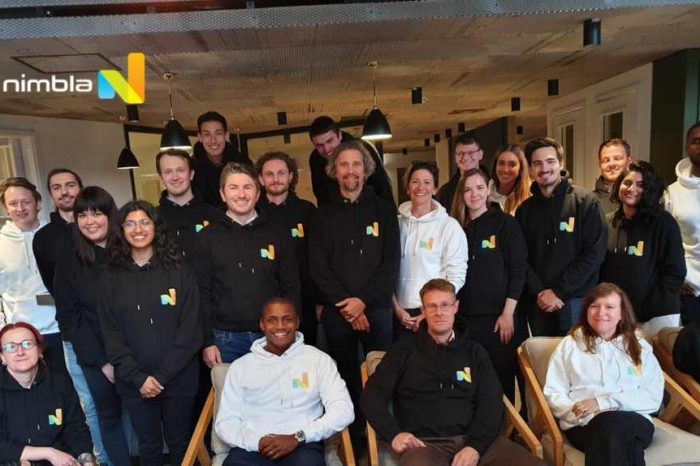Landing AI, a tech startup launched by the founder of Google Brain, raises $57M to help manufacturers create their own visual inspection software

Artificial intelligence pioneer Andrew Ng is an adjunct professor at Stanford University Department of Computer Science and Department of Electrical Engineering and the brain behind the Google Brain research lab. In 2011, he co-founded Google Brain, a deep learning artificial intelligence research team under the umbrella of Google AI, a research division at Google dedicated to artificial intelligence.
In 2014, Ng joined Baidu as Chief Scientist, building the company’s Artificial Intelligence Group into a team of several thousand people. During his time at Baidu, he led the creation of several research teams for things like big data, facial recognition, and Melody, an AI chatbot for healthcare (similar to Siri or Amazon’s Alexa). In March 2017, he resigned from Baidu. Today, Ng is one of the most recognizable names in artificial intelligence.
After a stint at Deeplearning.ai, an online series of deep learning courses he launched immediately after he left Baidu, Ng launched Landing AI in 2017, an AI startup that provides AI-powered SaaS products and Transformation Program to empower enterprises into cutting-edge AI companies. Then in January 2018, Ng unveiled the AI Fund, raising $175 million to invest in new startups.
Today, Ng announced he has raised $57 million in a Series A round from investors at an undisclosed valuation. The round was led by McRock Capital, with additional investments from Intel Capital and Samsung Catalyst Fund. Insight Partners and the Canadian Pension Plan Investment Board also participated in the round.
Ng said he plans to use the funding to try and “make everything go faster.” That involves doubling the team from 75 to around 150, while also bringing on new customers, he added.
The Silicon Valley-based Landing AI is focused on bringing artificial intelligence to manufacturing companies. It has developed a computer vision tool that manufacturers can use to create their own visual inspection software, which enables computers to derive meaningful information from digital images and videos.
One of the company’s core products is LandingLens, an end-to-end AI platform specifically designed for industrial customers to build, deploy and scale AI-powered visual inspection solutions. While Landing AI’s tool can be used, for example, to help autonomous cars make sense of their surroundings, it can also be used to identify a defect on a semiconductor wafer, a scratch on a smartphone screen, or a dent in an auto component, Ng told CNBC.
“We build tools that make it fast and easy for manufacturers to build and deploy successful AI systems,” Ng said, adding that he wants to take AI to other industries and beyond consumer internet platforms like Google and Baidu.
“We read in the news and hear the PR buzz about AI supposedly transforming a lot of things,” said Ng, a former professor of computer science at Stanford University.
“To me, I’m not seeing much of this realized yet. There’s tons of proof of concept, tons of PR, but frankly, when I walk around manufacturing plants, AI is not widely deployed.”

